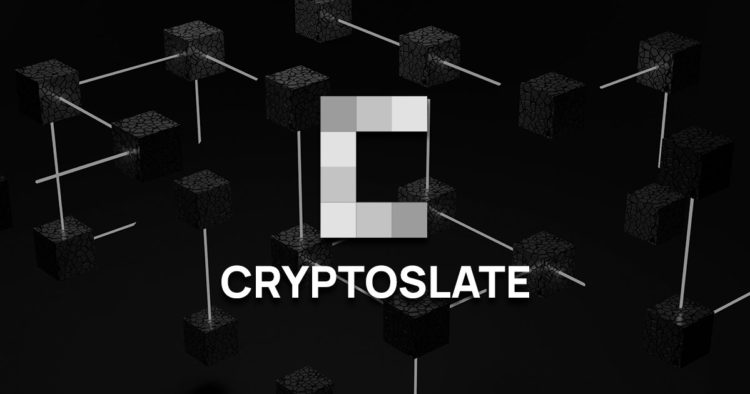
Sweden’s central bank, the Riksbank, along with the central banks of Israel and Norway and the Bank for International Settlements (BIS), is exploring the use of a central bank digital currency (CBDC) for immediate retail and international remittance payments, according to a Sept. 28 release.
The collaboration between the central banks and BIS is titled “Project Icebreaker,” which sees the participating banks connect their domestic proof-of-concept CBDC systems to Sweden’s e-krona platform.
The e-krona platform is a blockchain and distributed ledger technology (DLT) powered platform developed in a test environment. In February 2022, e-krona concluded the second phase of technical trials, which demonstrated the possibility that banks and other payment service providers could be integrated into the e-krona platform and how an e-krona can function as an offline CBDC.
The project entered Phase 3 and is focused on formulating the requirements for a possible e-krona based on technical tests and analyses should a decision be made to issue it.
Meanwhile, in Project Icebreaker, the participating central banks are exploring the technological feasibility of interlinking different domestic CBDC systems to facilitate immediate retail CBDC payments at drastically lower costs than via the current modus operandi. The current payment system involves sending payments to several central banks before reaching the final recipient.
Project Icebreaker is the fourth cross-border CBDC project by the BIS, the others are Project Dunbar, Project Jura, and mBridge. After the project, the BIS announced the success of mBridge on Sept. 28, which involved the Hong Kong Monetary Authority (HKMA), the central banks of China, Thailand, and the United Arab Emirates, and the BIS facilitated more than $22 million in real-value cross-border payments.
Project Icebreaker will run through the end of 2022, and a final report to conclude the findings will be made available in the first quarter of 2023, according to Riksbank.
Credit: Source link












































































































































